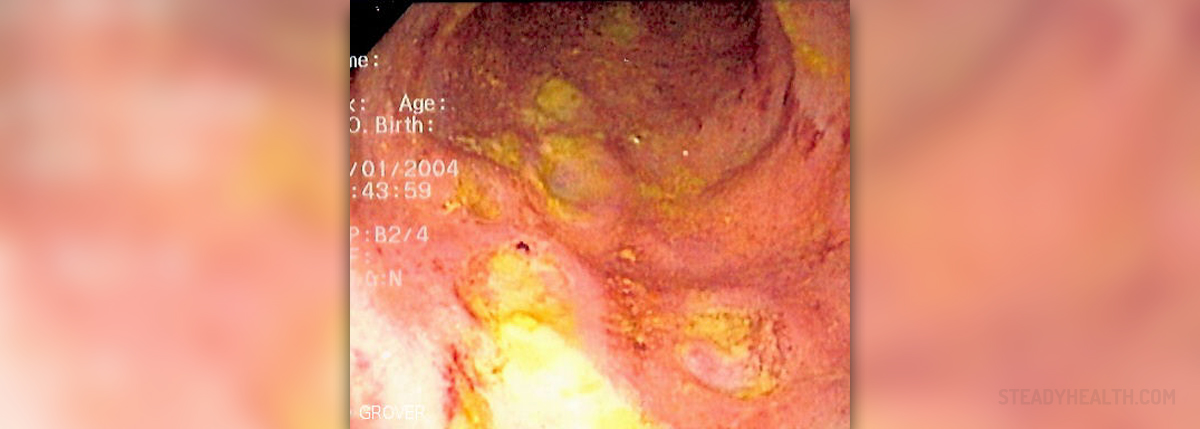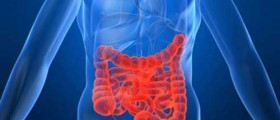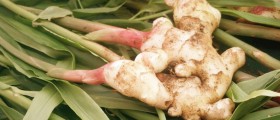
Crohn's Disease
Crohn's disease represents an inflammatory bowel illness. If affects the lining of the digestive tract. The symptoms of Crohn's disease can vary from one person to another, depending on the severity of condition. People with Crohn's disease can have periods when they have symptoms and periods when there are no symptoms at all. The most common symptoms are diarrhea, pain and cramps in the abdomen, appetite and weight loss. You may also experience blood in the stool. Because of the disease you may develop ulcers on the intestines as well. The most severe cases of Crohn's disease may include fever, fatigue and sores on the anus. Other consequences of Crohn's disease may be skin disorders, inflammation of the eyes or liver. Children who suffer from Crohn's disease may have problems with development.Treatment
The standard medical treatment involves medications and in some cases surgery. You may be given several medications which will keep the symptoms under control. Your doctor will prescribe some of the anti-inflammatory medications, immunosuppressants or antibiotics. In addition, you may also be given painkillers or nutritive and vitamin supplements. Surgery is the last option and it usually involves removal of the damaged part of the intestine.Natural Remedies
One of the natural remedies which has been proven to reduce the symptoms of Crohn's disease is fish oil. It is advised to take one teaspoon of fish oil a day. Another oil good for people with Crohn's disease is hemp oil. In order to get rid of diarrhea you can try Ultra fine green clay. To improve the problems with bowel movements you can try barley grass juice extract. There are a lot of herbal and nutritive supplements which can improve your health and help you manage the symptoms. You must take enough calcium and vitamins B, C and D. You can also try some herbal medicines based on chamomile, meadowsweet, Sutherlandia frutescens or slippery elm. A lot of people decide on some other alternative approaches to treatment such as acupuncture, acupressure, yoga or some relaxation therapies.Diet
It is important to avoid greasy food and milk product because they can irritate your intestines. Also avoid alcohol, coffee, carbonated drinks, sugar, meat, eggs and pepper. It is recommended to consume fresh or boiled vegetables such as garlic, spinach, carrots, broccoli, and cabbage. You should eat brown rice and oatmeal. You can drink herbal tea or fresh juices, but be careful not to take a lot of fluid at once.
















Your thoughts on this
Loading...